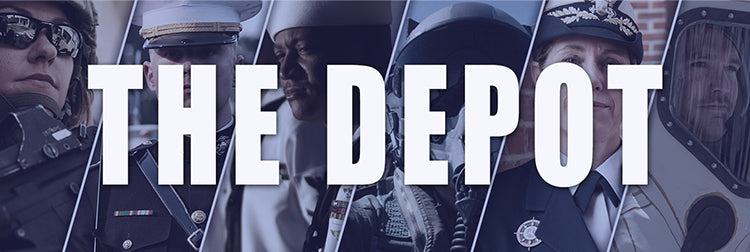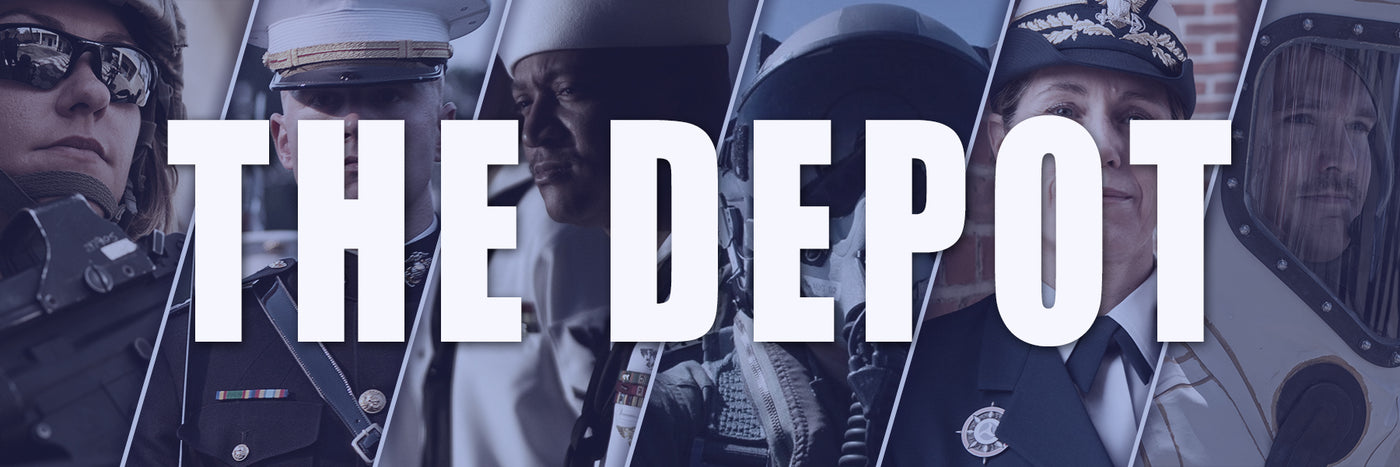
Helping Veterans Avoid Scams
U.S. Postal Inspection Service, AARP and Veterans Affairs Privacy Service have joined forces to help veterans avoid being scammed of their money, their identity or their benefits. Operation Protect Veterans...
DK McDonald |


